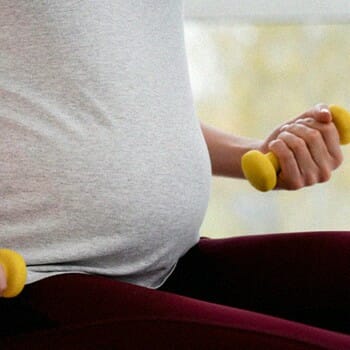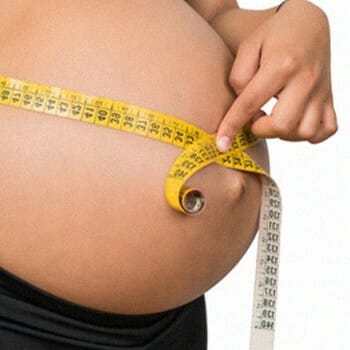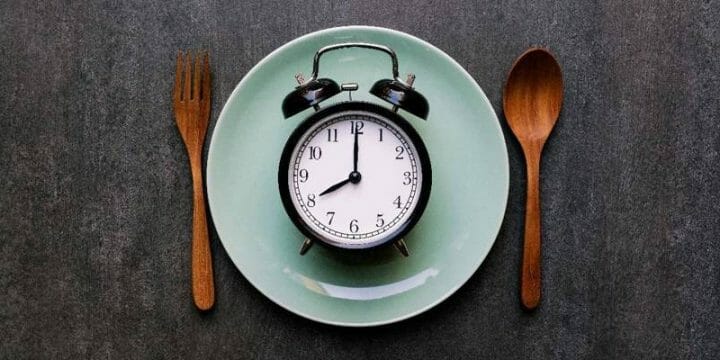Many factors can affect a woman's fertility, including her weight, reproductive health, and exposure to environmental toxins.
As a medical doctor, I researched this topic. I found that even drugs a woman has taken in the past, including fat burners, can also affect it. But how?
After poring through tons of scientific journals to seek the opinions of medical experts, here’s what I learned.
Quick Summary
- Fat burners, particularly those containing caffeine, can negatively impact female fertility by reducing pregnancy chances and increasing miscarriage risk.
- Maintaining a balanced weight is crucial for fertility; both obesity and being underweight can disrupt hormonal balance, affecting reproductive health.
- Caffeine should be limited to 100-200 mg daily to reduce miscarriage risks during early pregnancy.
- Personally, I believe prioritizing natural weight management methods over fat burners, especially during pregnancy planning, is a safer and more effective approach.
Can Fat Burners Affect Fertility?
Fat burners can potentially affect fertility, particularly due to the unregulated ingredients they often contain, which can have adverse effects on reproductive health.
The FDA doesn't oversee these products, and studies indicate they may affect fertility and pregnancy. Caffeine, common in fat burners, is linked to increased infertility and miscarriage risks, as per the National Institutes of Health [1].
Women trying to conceive should limit caffeine to 100-200 mg daily and avoid diet pills to prevent potential birth defects.
The general advice is for women to steer clear of anything that might harm conception and pregnancy, including diet pills.
The Link Between Weight And Fertility

Research has shown that obesity and being underweight are linked to fertility.
In his book "How To Have A Baby - Overcoming Infertility,” Dr. Aniruddha N. Malpani said that 30% of a woman’s estrogen supply is produced by her fat cells.
So, if a woman is overweight or underweight, she can disturb her hormone balances, which, in turn, can seriously impact fertility.
Fat Burners Affect Ovulation Quality
The use of fat burners can negatively affect the quality of ovulation, a key factor for fertility. Here are four factors that can trigger problems with the quality of ovulation:
- Disruption of reproductive hormones: Ingredients like caffeine interfere with producing essential hormones for healthy ovulation. Some fat burners contain compounds that mimic estrogen or disrupt the endocrine system, further complicating the hormonal balance necessary for ovulation.
- Reduction in ovulation frequency: Stimulants in fat burners lead to less frequent ovulation, affecting conception chances. They stress the adrenal glands, causing hormonal imbalances that alter the menstrual cycle and the regularity of ovulation.
- Decrease in egg quality: Thermogenic components can affect the quality and viability of eggs released during ovulation. Certain ingredients in fat burners can increase oxidative stress, damaging the DNA of the eggs and reducing their quality and fertility potential.
- Impact on menstrual cycle: Changes in the menstrual cycle due to fat burners can indicate affected ovulation. Women may experience shorter, longer, or more irregular cycles, which can signify disrupted ovulation and hormonal imbalances.
Weight Loss And Diet During Pregnancy

Rapid weight loss in pregnancy is risky. Dr. Nabaneeta Padhy of Femelife Fertility advises maintaining a healthy weight for women trying to conceive and stresses balanced nutrition during pregnancy.
Pregnant women should eat whole grains, fiber, fruits, veggies, and proteins for adequate calories.
Fat burners disrupt necessary weight gain and nutrition for fetal development. Dr. Padhy, a gynecologist and IVF expert, notes that ketones from fat burner diets can harm fetal organ development, making them unsuitable for pregnant women.
For safe, effective weight management, avoid quick fixes or risky supplements. Our Provitalize review offers insights on a safer option.
What If I’m Already Taking Diet Pills?
If you're already taking diet pills and considering pregnancy, it's crucial to discontinue their use and consult your healthcare provider for guidance. In my research, I learned the importance of consulting healthcare professionals about any concerns and discussing safe post-pregnancy weight loss strategies.
Ask them any questions you may have and talk to them about creating a diet plan that will help you shed off the pounds safely after giving birth.
With a proper diet, exercise, and a healthy lifestyle, you can lose weight naturally and build healthy habits—all without the help of any diet pills.
Some of the best fat burners:
FAQs

What are the side effects of fat burners?
The most common side effects of fat burners are constipation, nausea, gas, diarrhea, and black stools. Infrequent side effects include vomiting and abdominal bloating and pain.
Do fat burners affect hormones?
Fat burners are known to raise the level of stress hormones in your body called cortisol, which can cause weight gain, high blood pressure, and mood swings.
Can weight loss pills affect pregnancy?
Yes. Numerous studies have shown that diet pills can harm your pregnancy because they contain high levels of caffeine.
References
- https://www.nih.gov/news-events/news-releases/couples-pre-pregnancy-caffeine-consumption-linked-miscarriage-risk
About The Author
You May Also Like







I was taking fat burners for a while without realizing they might affect fertility. This article gave me a lot to think about.